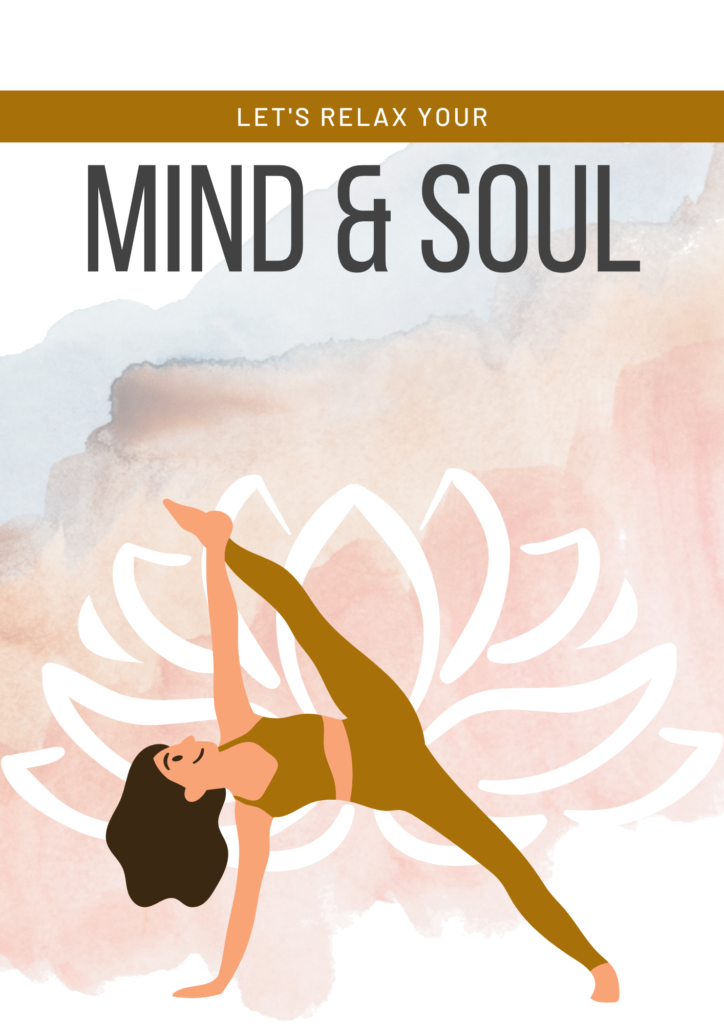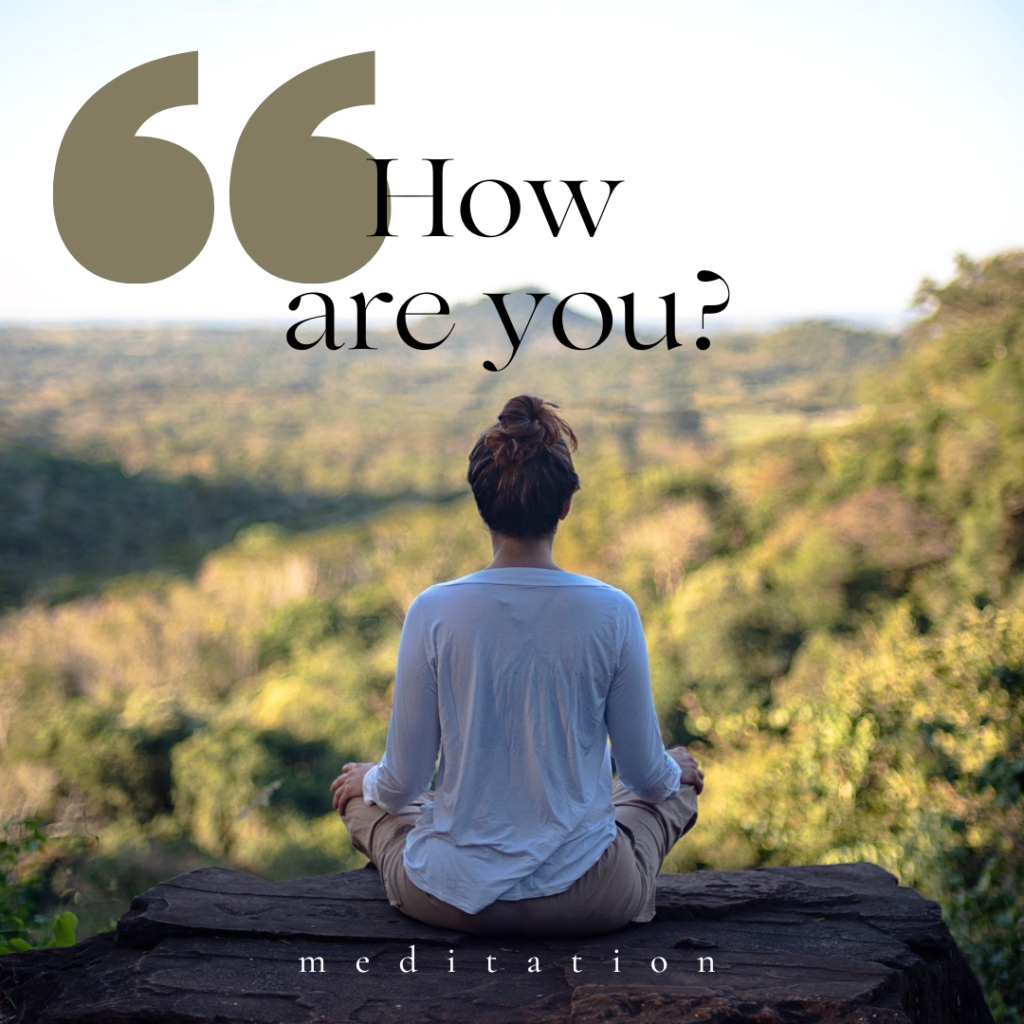
Mental health is about how you think, feel, and behave. It’s important for living a good life. When you have good mental health, you can handle stress, make good decisions, and enjoy life.
Here are some key points about mental health:
Feeling Good: Good mental health means you usually feel happy and in control of your life.
Common Problems: Sometimes people experience problems like feeling very sad (depression) or very worried (anxiety). These are common mental health issues.
Signs of Problems: If someone feels sad, worried, or angry all the time, has trouble sleeping or eating, or withdraws from friends and family, they might need help.
Getting Help: If you think you have a mental health problem, it’s important to talk to someone. This could be a doctor, therapist, or counselor.
Treatment: Mental health issues can often be treated with therapy or medication. It’s important to follow your doctor’s advice.
Taking Care of Yourself: You can take care of your mental health by getting enough sleep, eating well, exercising, and doing things you enjoy.
Talking Helps: Talking about your feelings with someone you trust can help you feel better.
Remember, it’s okay to ask for help when you need it. Mental health is just as important as physical health!
How we make healthy mental health which tools are required
Making sure your mental health is healthy is just as important as taking care of your physical health. Here are some tools and practices that can help maintain good mental health:
Regular Exercise: Physical activity can boost your mood and reduce stress. Find activities you enjoy, such as walking, biking, or dancing.
Healthy Diet: Eating nutritious foods helps your body and mind function well. Include fruits, vegetables, whole grains, and lean proteins in your meals.
Sleep: Getting enough sleep is crucial for mental health. Try to maintain a regular sleep schedule and create a relaxing bedtime routine.
Mindfulness and Meditation: Practicing mindfulness or meditation can help you stay present and manage stress. Start with short sessions and gradually increase the time as you get comfortable.
Social Connections: Maintaining relationships with family and friends is important for emotional support and a sense of belonging.
Journaling: Writing down your thoughts and feelings can help you understand them better and process your emotions.
Hobbies and Interests: Doing activities you enjoy can boost your mood and give you a sense of accomplishment.
Setting Boundaries: Learn to say no when you need to and prioritize your own needs and well-being.
Professional Help: If you’re struggling with your mental health, don’t hesitate to seek help from a therapist or counselor.
Limiting Stress: Identify stressors in your life and find ways to manage them. This might include setting priorities or delegating tasks.
Practicing Gratitude: Focusing on things you are thankful for can improve your mood and overall outlook.
Remember that everyone’s needs are different, so find what works best for you. Taking small, consistent steps toward better mental health can have a big impact over time.
Benefits of yoga & meditation for mental health with more detail
Yoga and meditation are great practices for your mental health. They help you relax, focus, and feel better overall. Let’s explore the benefits of each in more detail:
Yoga for Mental Health

Reduces Stress: Yoga involves breathing exercises and gentle movements that help calm your mind and body, reducing stress.
Improves Mood: Practicing yoga can increase your happiness levels and reduce feelings of anxiety and depression.
Boosts Self-Awareness: Yoga encourages you to pay attention to your body and mind, helping you understand your feelings better.
Promotes Better Sleep: Yoga can help you relax, making it easier to fall asleep and enjoy a deeper, more restful sleep.
Increases Focus: Yoga requires concentration on your movements and breathing, which can help you stay focused in other areas of life.
Enhances Self-Esteem: As you improve in yoga, you may feel more confident in your abilities, which can boost your self-esteem.
Encourages Relaxation: Many yoga poses help release tension in your body, making you feel more relaxed.
Meditation for Mental Health

Calms the Mind: Meditation helps you quiet your thoughts and focus on the present moment, bringing peace to your mind.
Reduces Anxiety: Meditation can help you manage anxious thoughts and feel more at ease.
Increases Self-Awareness: Through meditation, you can become more aware of your thoughts and emotions, helping you respond better to situations.
Improves Concentration: Regular meditation can train your mind to stay focused, which is useful in daily life.
Lowers Stress: Meditation can lower your stress hormones and make you feel more relaxed.
Enhances Emotional Health: Meditation can help you process your emotions and respond more calmly in challenging situations.
Supports Better Sleep: Meditation can help calm your mind before bed, making it easier to fall asleep.
How to Get Started
Yoga: Start with beginner-friendly classes or online tutorials. Practice at your own pace and listen to your body.
Meditation: Begin with short sessions (just a few minutes) and gradually increase the time. Use guided meditation apps or videos if you need help focusing.
Remember, both yoga and meditation are practices that improve with time, so be patient and consistent with your efforts. Over time, you may find these practices greatly enhance your mental health.